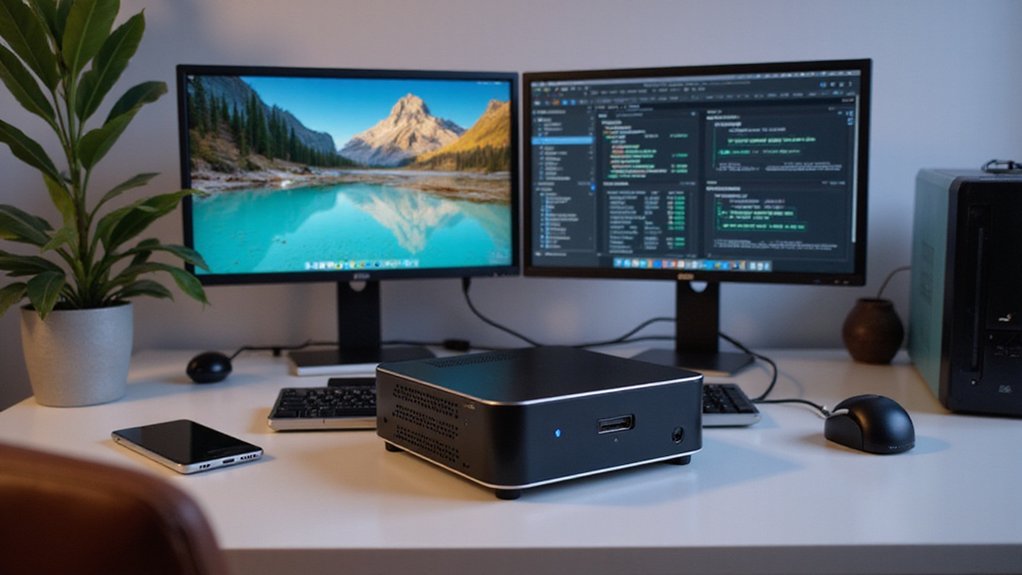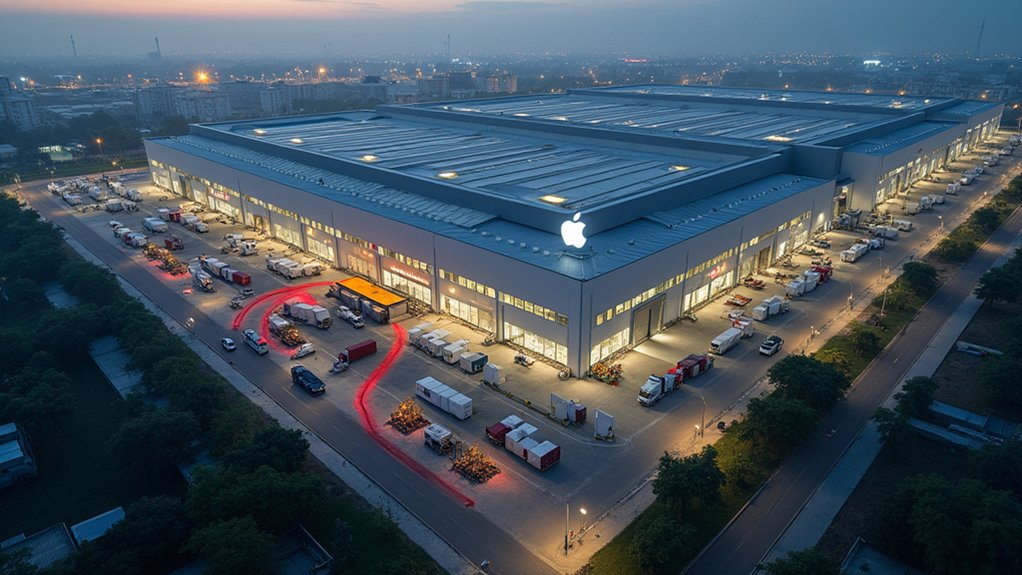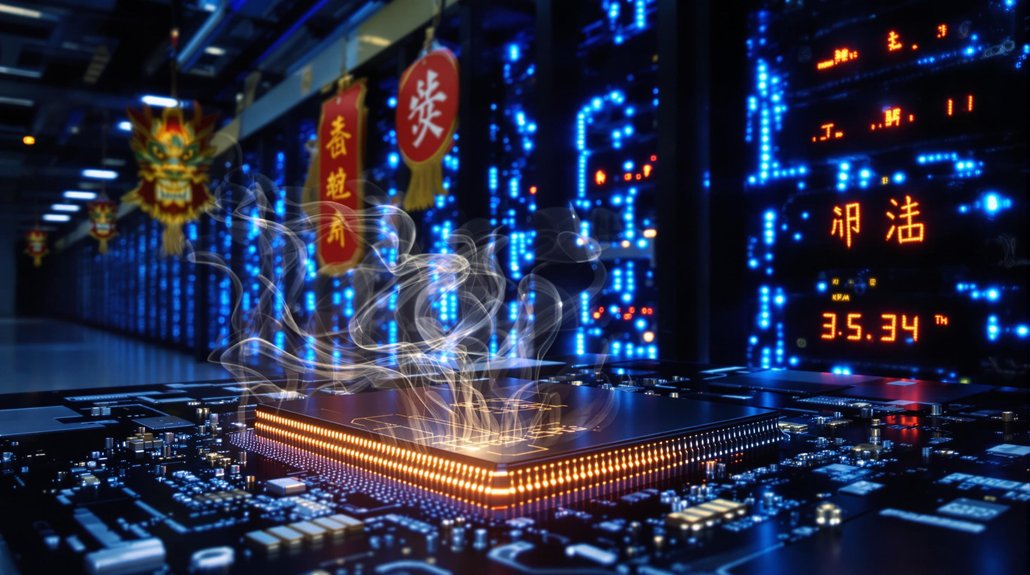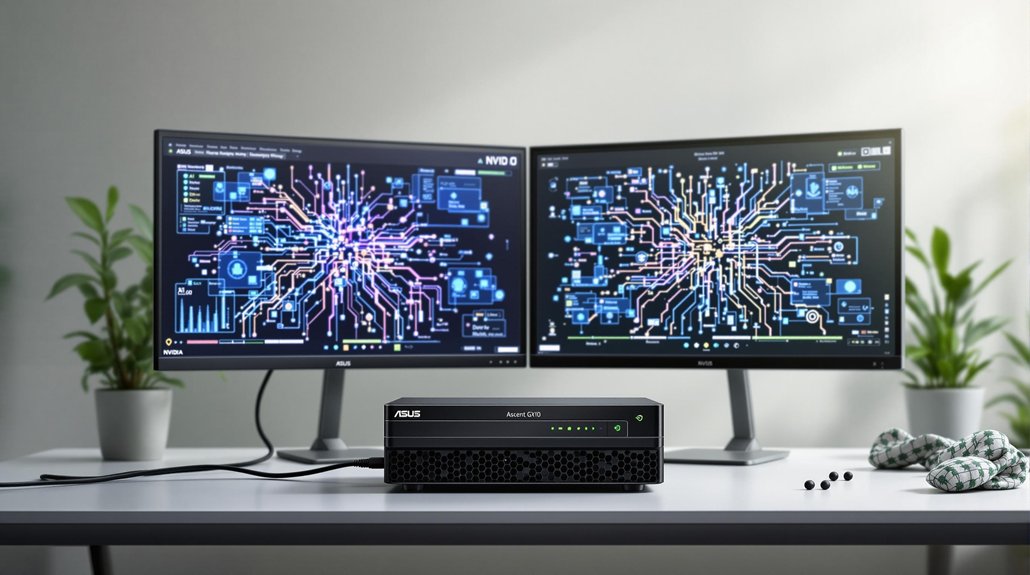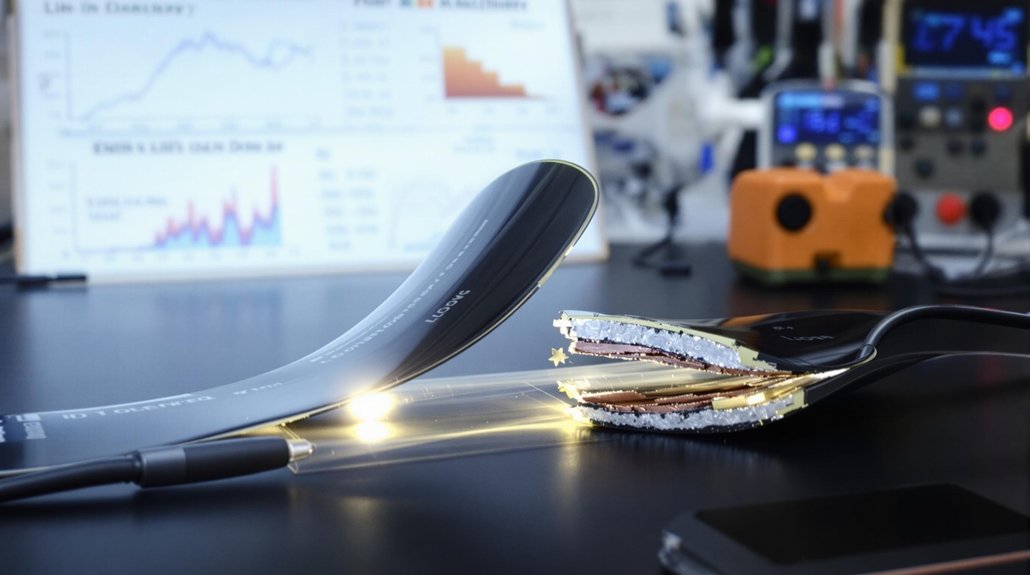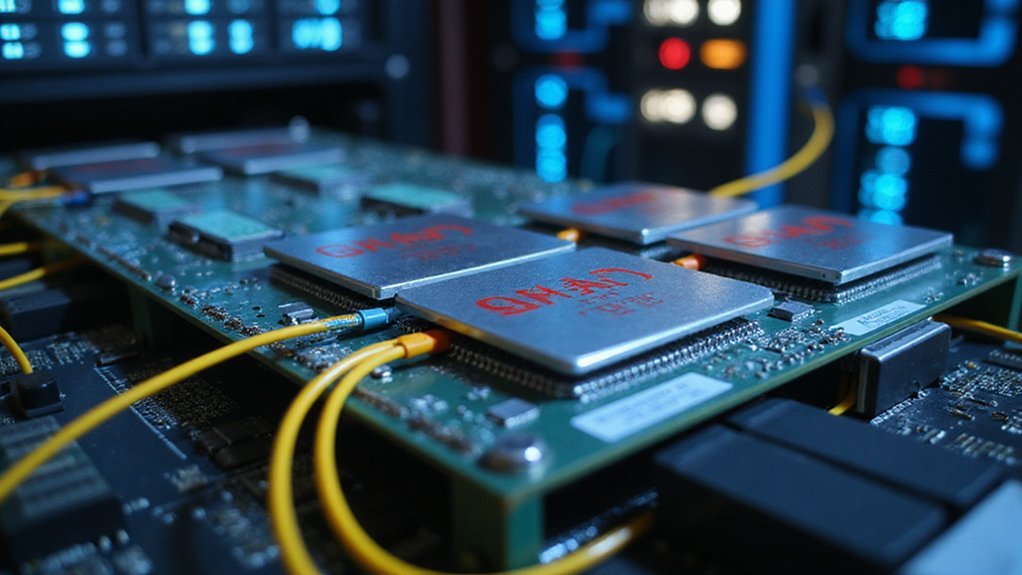Mini PCs are rapidly replacing traditional desktop towers in homes and offices. These compact devices offer comparable processing power while consuming less energy and taking up minimal space. They’re portable, quiet, and feature extensive connectivity options including multiple USB ports and multi-monitor support. Many models now provide upgrade options for memory and storage, closing the gap with traditional desktops. The combination of power, efficiency, and flexibility makes these small computers a compelling alternative for modern users.
As the tech world moves forward, mini PCs are rapidly replacing traditional desktop computers in homes and offices everywhere. These compact devices take up much less space than traditional towers but offer similar performance. Many users find that mini PCs can easily handle everyday tasks like browsing the internet, using office software, watching videos, and even some light gaming or video editing.
The small size of mini PCs is a major advantage in today’s workspace environments. They can fit on a desk corner, mount behind a monitor, or even slide into a backpack. This portability means they’re easy to move between locations, making them perfect for today’s hybrid work arrangements. When someone needs to switch workspaces, they only need to disconnect a few cables.
Mini PCs revolutionize workspace flexibility, fitting anywhere from desk corners to backpacks—perfect companions for the modern hybrid professional on the move.
Despite their small size, modern mini PCs don’t sacrifice performance. They now come with the same powerful processors, memory, and storage options found in larger computers. These compact systems feature incorporated motherboards similar to regular desktops, allowing for efficient operation. Advancements in cooling technology have made it possible to pack high-performance components into tiny cases without overheating problems. With the rise of emergent intelligence technologies, some mini PCs are now capable of selecting optimal AI models for specific queries, further enhancing their utility for everyday users.
Energy efficiency is another benefit of mini PCs. They use considerably less electricity than traditional desktops, which means lower power bills and a smaller environmental impact. Many models also run quietly with fanless designs or minimal cooling systems, creating a more peaceful work environment. Models like the Geekom Mini IT13 offer impressive computing power while maintaining lower power consumption and noise.
Connectivity hasn’t been overlooked in these small packages. Today’s mini PCs feature multiple USB ports, HDMI connections, Ethernet jacks, and wireless options like WiFi 6 and Bluetooth. Many support multiple monitors too, matching the multitasking capabilities of their larger counterparts.
While full-sized desktops still offer more upgrade options, the gap is closing. Many mini PC models now allow users to upgrade memory and storage as needed. Combined with their competitive pricing, energy savings, and space efficiency, it’s clear why mini PCs are making traditional desktop towers increasingly obsolete in modern computing environments.
References
- https://www.zdnet.com/home-and-office/smart-office/mini-pc-vs-desktop-vs-laptop-which-is-the-best-computer-for-you/
- https://www.geekompc.com/mini-pc-vs-desktop/
- https://acemagic.com/blogs/about-ace-mini-pc/mini-pc-vs-traditional-desktop-which-is-right-for-you
- https://www.youtube.com/watch?v=UHyyv99TZ60
- https://www.chuwi.com/ph/news/items/which-one-to-choose-a-mini-pc-or-a-traditional-desktop.html
